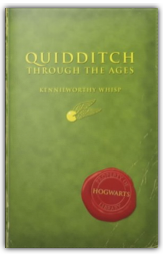
JK Rowling takes her enviable ability to turn paper into gold to the next level by cleverly teaming up with Comic Relief 2001 to bring Fantastic Beasts and Where to Find Them (a set text during Harry's first year at Hogwarts) and Quidditch Through the Ages (Harry's favourite book), to the masses—and all the money goes to charity. —Susan Harrison 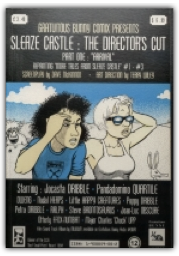
Comic book Sleaze Castle: The Director's Cut #1: Arrival/ An Ill Wind. 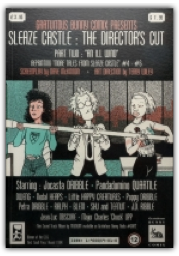
Comic Book Sleaze Castle: The Director's Cut #2: An Ill Wind/ Masquerades. |
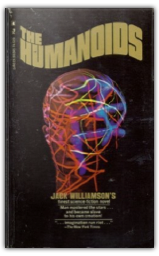
The perfect machines, the Humanoids came from the stars "to serve and obey, and protect men from harm." The result is a stultified society in which humans are not ALLOWED to do anything that might conceivably harm them, a velvet-gloved tyranny that absolutely crusehes the human spirit. Williamson wrote this in 1948, the same year Orwell produced 1984. The allegory between the tyranny of the Humanoids and the developing tyranny of our present-day government is too obvious to ignore. 
Connie Willis laboured five years on this story of a history student in 2048 who is transported to an English village in the 14th century. The student arrives mistakenly on the eve of the onset of the Black Plague. Her dealings with a family of "contemps" in 1348 and with her historian cohorts lead to complications as the book unfolds into a surprisingly dark, deep conclusion. The book, which won Hugo and Nebula Awards, draws upon Willis' understanding of the universalities of human nature to explore the ageless issues of evil, suffering and the indomitable will of the human spirit. 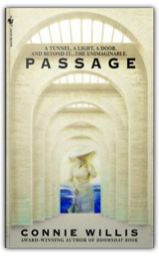
Most of us would rather not spend a lot of time contemplating death, but the characters in Connie Willis's novel Passage make a living at it. Joanna Lander is a medical researcher specialising in Near Death Experiences (NDEs) and how the brain constructs them. Her partner in this endeavour is Richard Wright, a single-minded scientist who induces NDEs in healthy people by injecting a compound that tricks the brain into thinking it's dying. Joanna and Richard team up and try to find test subjects whose ability to report their experiences objectively hasn't been wrecked by reading the books of pop-psychologist and hospital gadabout Maurice Mandrake. Mandrake has gained fame and fortune by convincing people that they can expect light, warmth, and welcoming loved ones once they die. Joanna and Richard try to quantify NDEs in more scientific terms, a frustrating exercise to say the least. 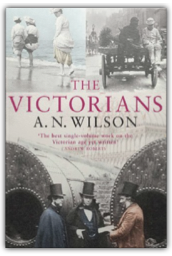
AN Wilson's The Victorians is the longest and liveliest of the books which have appeared in the wake of the centenary of Victoria's death. As one might expect, Wilson, Evening Standard columnist, novelist, and polemical biographer, has an eye for colourful detail, cannot resist gossip about the great and good, and smells out cant and hypocrisy at 10 paces. Familiar tales are told about the sexual proclivities, religious hypocrisies and gargantuan economic and imperial appetites of the Victorians. But the book is more than an exercise in debunking. Wilson sees 19th century Britons as the harbingers of modernity: the first society to grapple with and agonise over the Darwinian struggle of social mobility and industrial growth. He documents in detail the relentless drive for getting on, sympathises with its victims—in the English towns, the Irish bogs and on the Indian plains - and warms to the critical commentary of the chief sages and seers of the era: Carlyle, Dickens, and Manning. The intellectual set-pieces of the time—the Gothic revival, religion versus science, Anglo-Catholicism—are particularly well-handled. 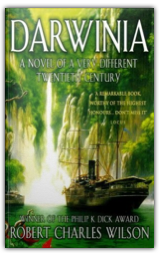
In 1912, the entire population of Europe disappeared; all over the rest of the world, there were lights in the sky and the telegraph wires went silent. And suddenly from Britain to Siberia, from Sweden to Spain, there was a jungle full of strange monsters, fur-bearing snakes and lost cities—the continent they call Darwinia. In America, religious fundamentalists came to power claiming that this was God's punishment for the heresies of Darwin; an expedition sets out into the heart of the lost continent. And people are haunted by dreams of a war that never was ... If this were all that were going on, Robert Charles Wilson's novel would be audacious and intellectually thrilling enough, but there is more besides, lots more. At an early stage, we realise that the expedition has its enemies—a conspiracy of the deadly and immortal. And neither the conspiracy, nor the world of the Darwinia miracle, is exactly what they seem. Full of speculations about Deep History, the nature of reality and the plan to escape the end of Time, this starts as SF adventure story and becomes remarkably more; over several books, Wilson has quietly built himself a reputation of promise, and now entirely delivers. —Roz Kaveney 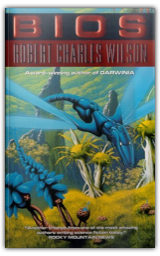
In the 22nd century, humanity discovers life on an extra-solar planet, Isis: life that is lush, beautiful—and deadly. The least molecule of Isian biology kills humans painfully and horribly. Zoe Fisher has been born and bred—cloned and genetically engineered—to explore Isis. But Isis has secrets undiscovered by humanity, and Zoe herself contains secrets known only to the political powers that created her. And an act of biomedical sabotage has changed Zoe in unknown ways. |

Mike Scott
Collection Total:
4227 Items
4227 Items
Last Updated:
Feb 21, 2010
Feb 21, 2010
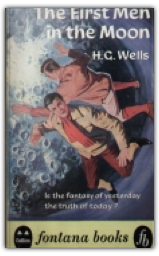

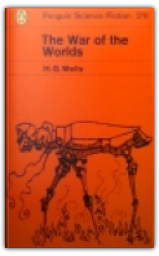

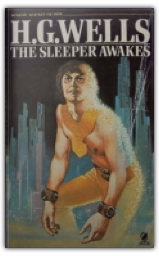


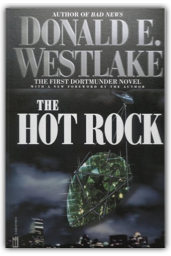
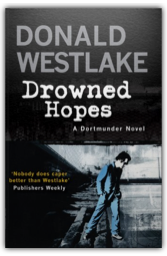

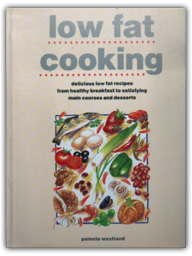
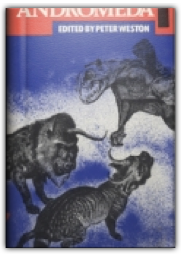
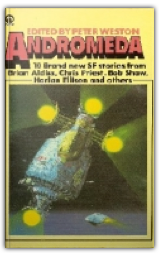
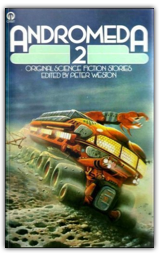
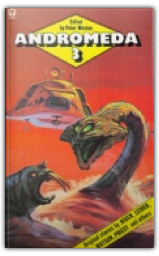
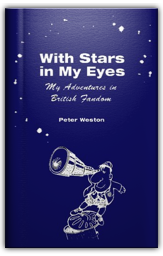
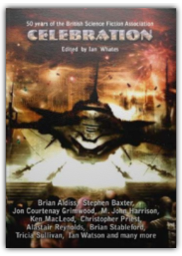
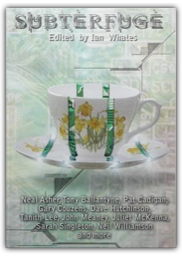
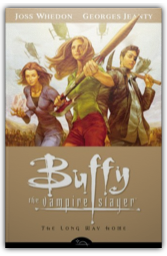
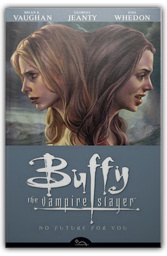
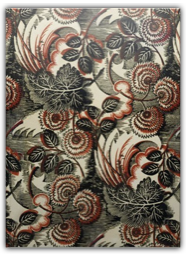

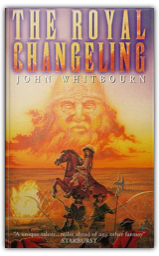
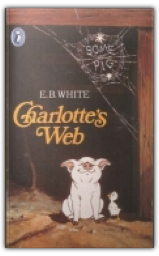
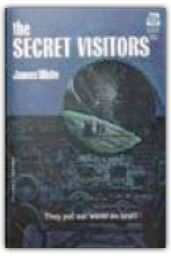
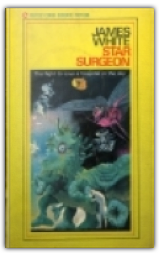
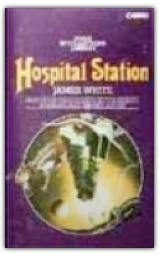
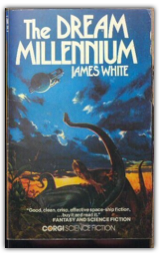
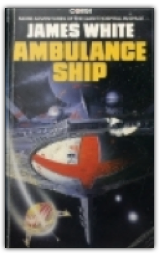
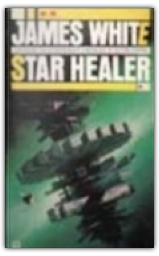
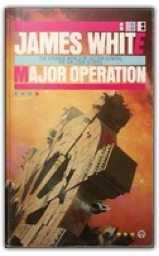
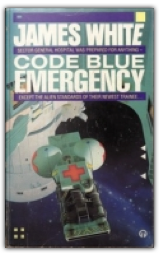
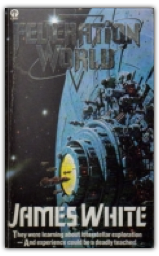
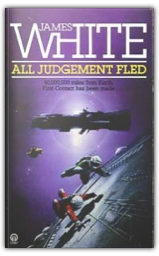
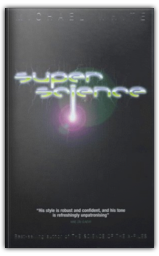
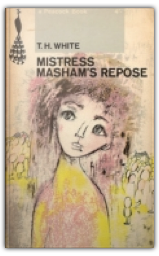
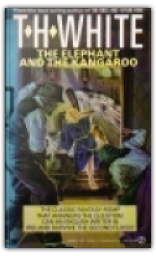
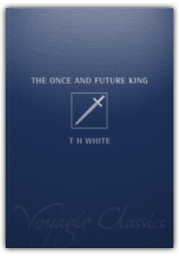
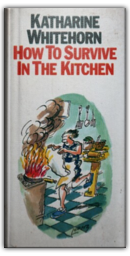
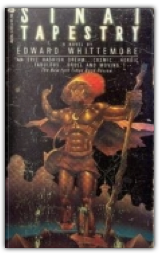
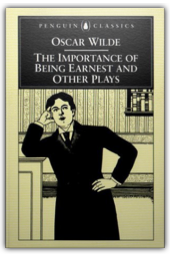
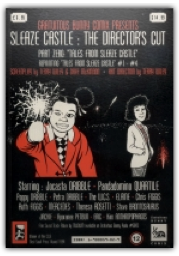
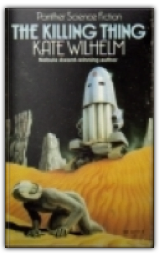
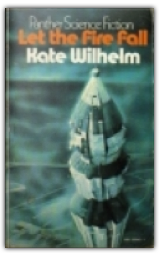
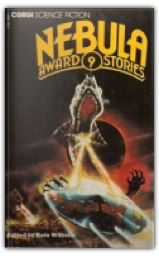
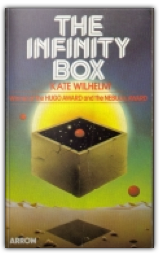
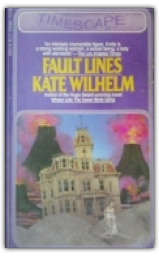
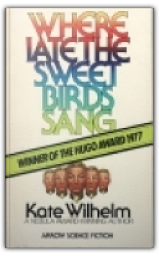
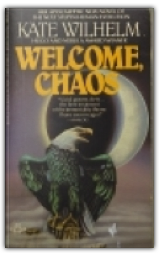
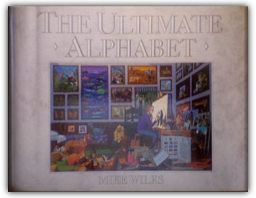
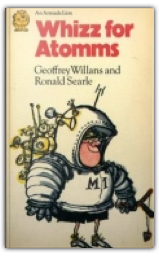
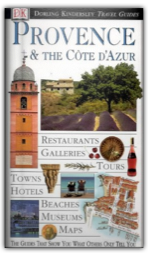
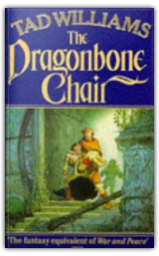
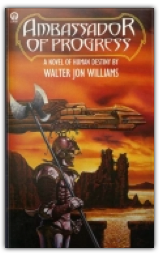
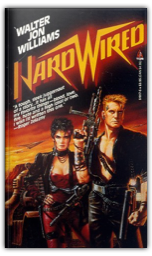

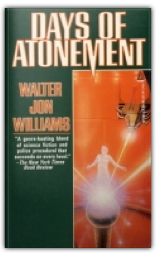
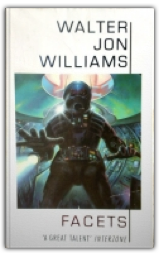
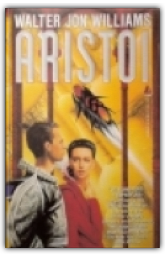
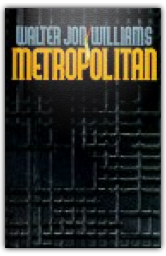
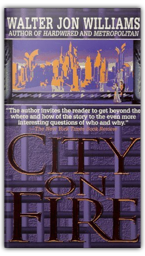
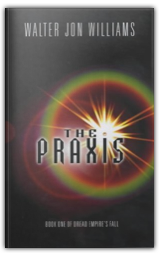
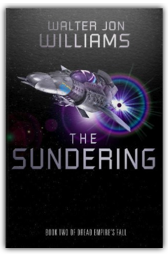

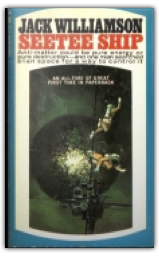
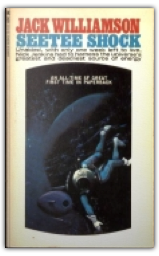
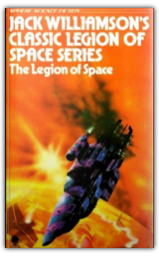
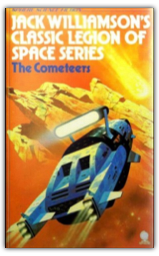
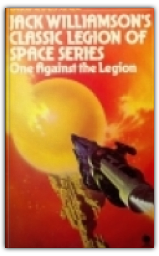
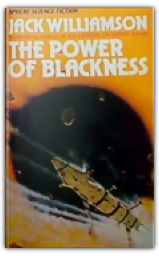
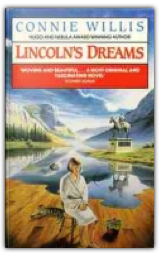
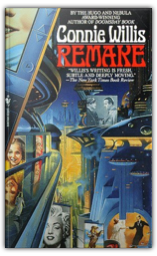
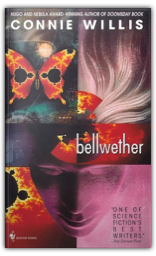
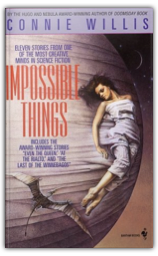
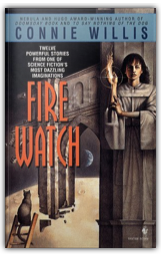
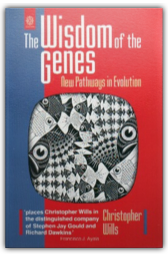
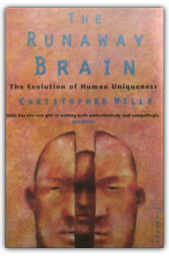
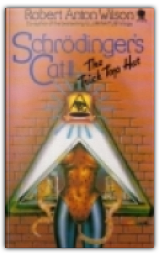
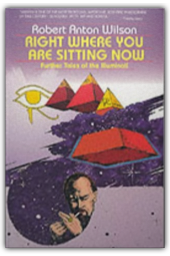
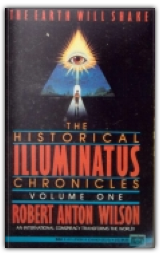
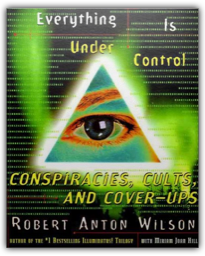
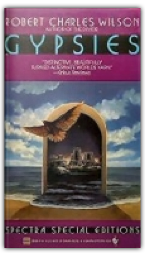
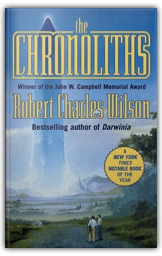
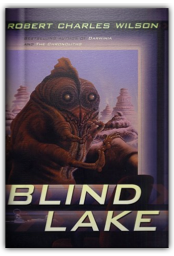
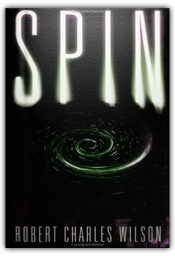
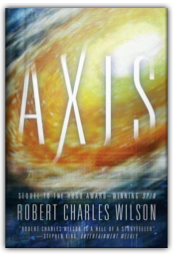
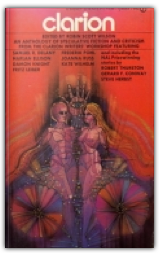
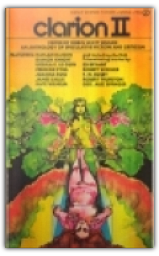
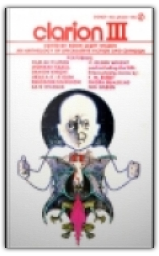
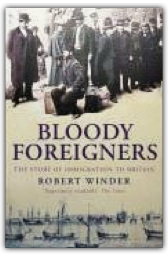
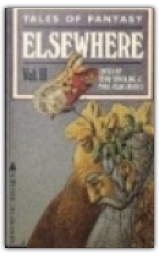
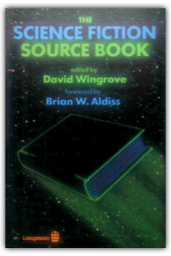
 Made with Delicious Library
Made with Delicious Library